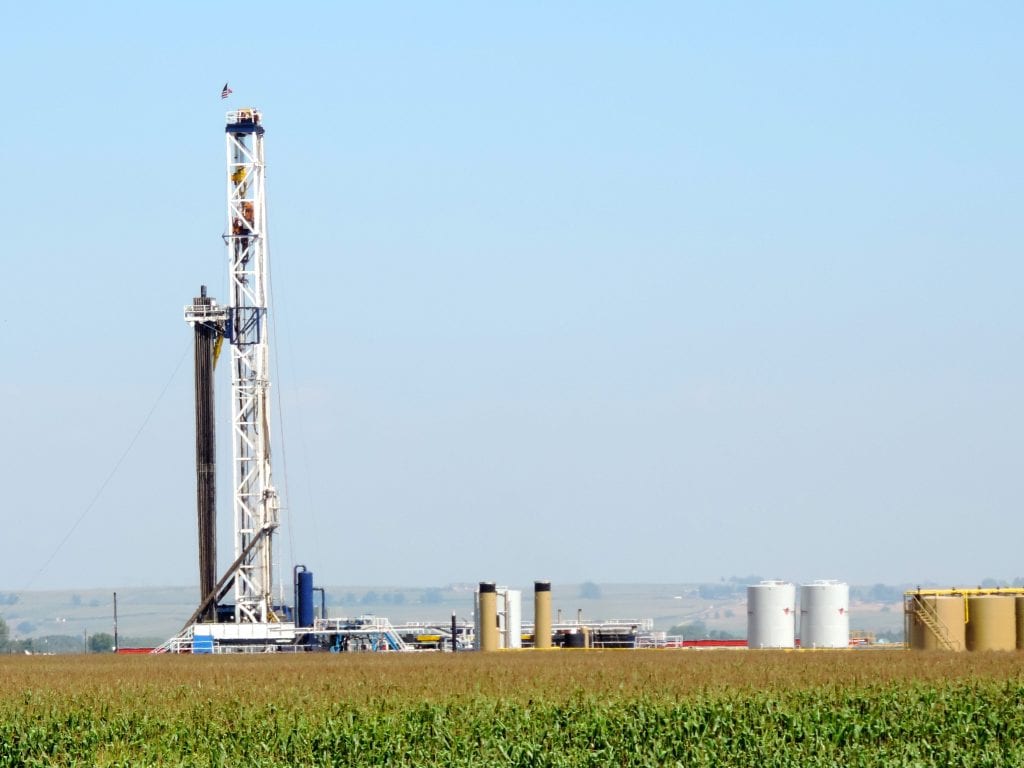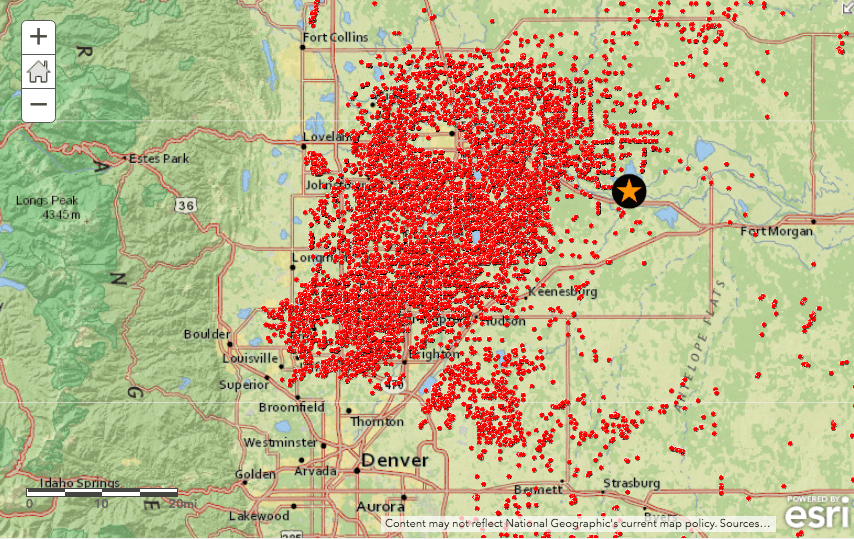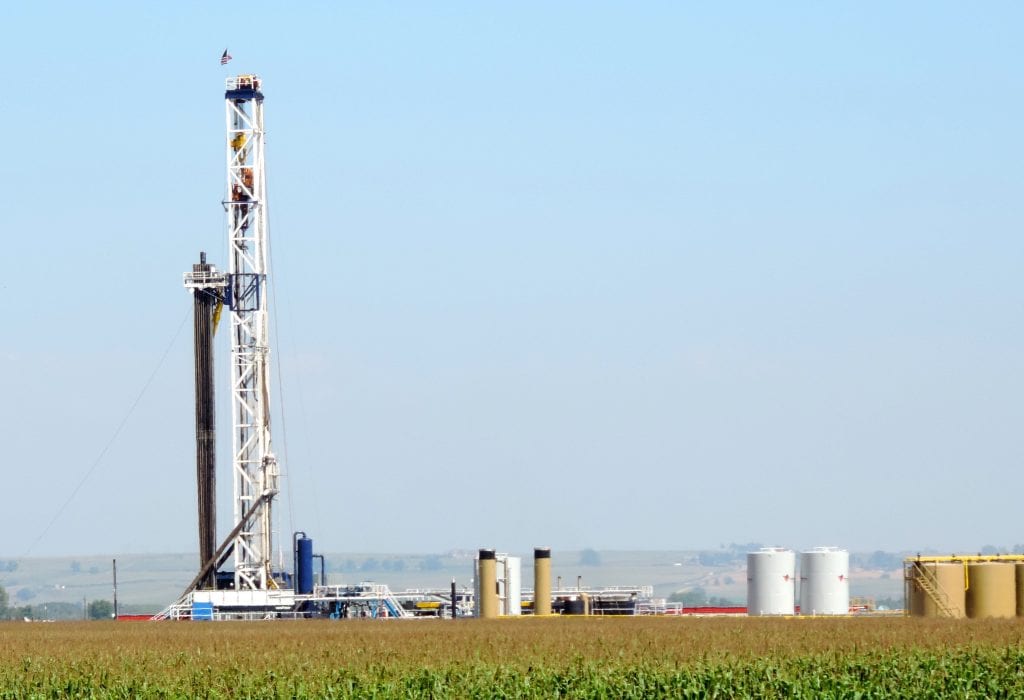
Last Friday, Guardians moved to protect public health and clean air along Colorado’s Front Range, and thwart the U.S. Bureau of Land Management’s approval of 58 new oil and gas wells in Weld County north of Denver.
The new wells are part of a large fracking project proposed by Bill Barrett Corporation in Weld County, Colorado.
If Guardians’ request is rejected, the wells will add more pollution and exacerbate the air quality problems plaguing the Denver Metro and North Front Range region.
This region, which spans from Douglas County in the south to Larimer and Weld Counties in the north, has been declared by the U.S. Environmental protection Agency to be a “nonattainment” area, or a dirty air area because of mounting air pollution. The region includes the Cities of Denver, Boulder, Fort Collins, and Greeley.

A smoggy summer day in Denver. Picture by Colorado Department of Public Health and Environment.
The region suffers from widespread and excessive ground-level ozone pollution, which is the key ingredient of smog. Ozone can inflame people’s airways, cause difficulty breathing, increase the frequency of asthma attacks, and cause long-term lung damage, especially in children, the elderly, asthmatics, and people who work outside.
Currently, ozone concentrations in the air we breathe are supposed to be limited to no more than 70 parts per billion in order to protect public health. In the Denver area, concentrations frequently get higher than 80 parts per billion.
Ozone is a poisonous gas that’s formed when sunlight reacts with pollution from smokestacks, tailpipes, and oil and gas operations.
Oil and gas drilling and fracking in the Denver Metro and North Front Range region accounts for 44% of all volatile organic compound emissions, more than any other source.
The industry also releases 25% of all nitrogen oxide emissions in the region.
The National Oceanic and Atmospheric Administration has confirmed that these emissions contribute on average to nearly 20% of the region’s smog, making the oil and gas industry “an important contributor to the region’s chronic ozone problem.”

Producing oil and gas wells in the Denver Metro and North Front Range region. The Bill Barrett 58 well project is located where the star is. Click on the map to visit an interactive web map.
In spite of all this, the Bureau of Land Management has been rubberstamping new drilling and fracking throughout the region and completely turning its back on the clean air consequences. That’s a problem under federal law.
Under the United States Clean Air Act, the federal government has a heightened duty to ensure their actions don’t cause or contribute to unhealthy air pollution.
More specifically, if their actions lead to emissions of more than 100 tons per year, they have complete a comprehensive air quality analysis and reduce emissions in order to safeguard public health. If they don’t, they can’t undertake their actions.
Unfortunately, the Bureau of Land Management refused to comply with this requirement.
In the case of the 58 Bill Barrett wells, total volatile organic compound emissions would be 261 tons per year and total nitrogen oxide emissions would be 435 tons per year.
Notwithstanding this, the agency claimed it was not obligated to do anything to analyze or reduce the air quality impacts of more drilling and fracking along Colorado’s Front Range. So, we appealed.
The Bureau of Land Management is required to issue a decision on Guardians’ appeal within 10 days. In the meantime, we’ll continue to keep the pressure on to defend clean air and public health in Colorado.
For more information about how oil and gas is ruining our air quality in the Denver Metro and North Front Range region, check out our in-depth blog post: Defending Clean Air from Fracking.
